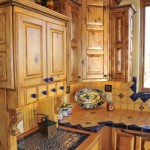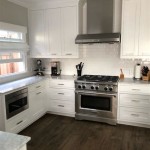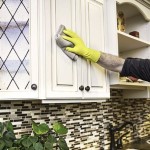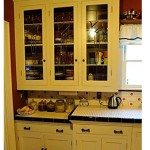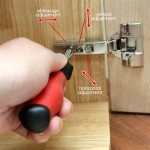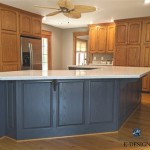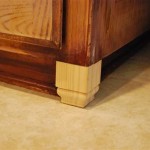Pull Out Shelves for Kitchen Cabinets: Essential Aspects for Installers
Pull-out shelves optimize kitchen functionality by providing accessibility to stored items and maximizing space. Installing these convenient storage solutions requires precision and attention to detail. Here are the essential aspects for successful pull-out shelf installation.
1. Cabinet Preparation and Measurements
Before installation, ensure that the cabinet is prepared and accurately measured. Remove any existing shelves or obstructions, and confirm the dimensions of the cabinet opening and the shelves. Measure the height, width, and depth to determine the appropriate shelf sizes.
2. Shelf Frame Assembly
Assemble the shelf frame according to the manufacturer's instructions. The frame typically consists of two side rails and front and back crossbars. Assemble the frame securely, ensuring all joints are tight.
3. Slide Installation
Install the slides onto the frame. Choose slides that are rated for the weight capacity of the shelves and that provide smooth and reliable operation. Attach the slides to the side rails of the frame, ensuring proper alignment.
4. Shelf Installation
Place the shelves onto the slides, ensuring they are level and aligned. Secure the shelves to the frame with screws or other appropriate fasteners.
5. Adjustment and Testing
Adjust the slides to achieve smooth movement and proper spacing. Test the shelves to ensure they open and close effortlessly without any binding or rattling.
6. Drawer Front Trim
Trim the drawer front to fit around the shelves. Use a sharp saw to cut the front to the appropriate length and height. Secure the drawer front to the shelves using screws or adhesive.
7. Installation Hardware
Use the appropriate hardware for installation. Most pull-out shelves come with mounting screws, but it is essential to select screws that are the correct size and length for the cabinet and the weight capacity of the shelves.
8. Leveling and Alignment
Level and align the pull-out shelves to ensure they operate smoothly and without obstruction. Use a level to adjust the shelves and drawers as needed.
9. Testing and Final Adjustments
Thoroughly test the pull-out shelves to confirm they operate properly. Make any necessary adjustments to the slides, shelves, or drawer fronts to achieve optimal performance. Ensure the shelves move effortlessly, without any binding or rattling.
By following these essential aspects, installers can achieve successful and durable pull-out shelf installations, enhancing kitchen functionality and accessibility.

Pull Out Pantry Stainless Steel Drawers Set Of 6 Tansel Storage

Shelves That Slide Custom Kitchen Pull Out Sliding Shelving For Your Existing Cabinets From 59 95 Diy Pullout Shelf Manufactured In The Us With More Than 25 Years Experience Rollout Pantry Tray

Pull Out Sliding Shelves For Kitchen Cabinets From 42 95 Cabinet Accessories Pullout Shelf Shelving Ideas Roll Shelfs

The Best Corner Cabinets For A Kitchen Remodel

Kitchen Pull Out Shelves Sliding Cabinet Slide

Installing Sliding Shelves In A Pantry Southern Hospitality

Slide Out Kitchen Pantry Drawers Inspiration The Inspired Room

How To Make Simple Easy Sliding Shelves

How To Make Simple Easy Sliding Shelves

Kitchen Storage Pull Out Pantry Shelves Diy Family Handyman
Related Posts

